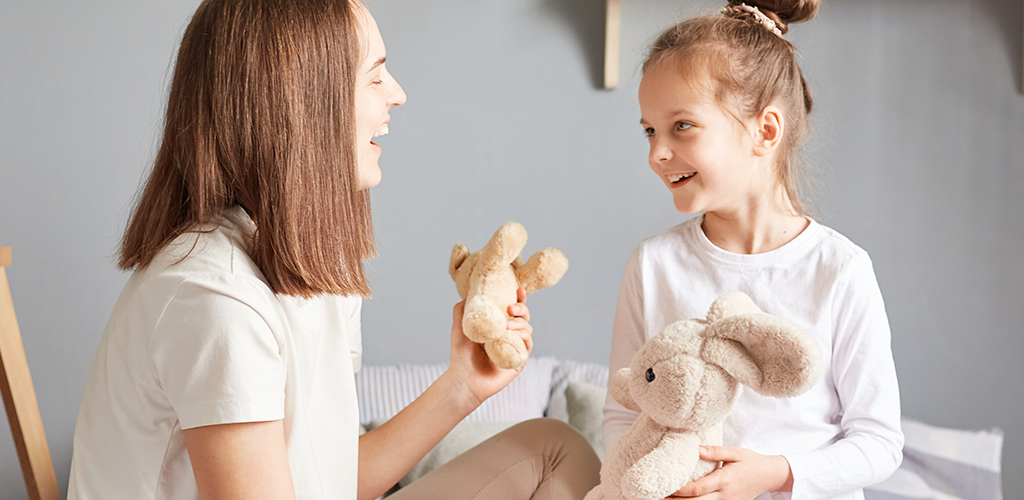
How Plush Toys Can Benefit Children
Yes – plushies are cute and super-cuddly but it doesn’t stop there! There are actually dozens of benefits to be had when it comes to having plush toys for children. As a matter of fact, such toys actually play a valuable role in childhood development by delivering emotional support, fostering creativity, and providing comfort and companionship. Let’s take a closer look at these benefits!

Comfort and Security
Plush toys often serve as comforting companions for children, providing a sense of security and familiarity, almost like a best friend or buddy does. Just a simple look or touch can help soothe children and provide emotional support in situations involving fear or anxiety.

Imaginative play
Plush toys inspire imaginative play and storytelling. That is because children enjoy creating elaborate scenarios and role-playing with their plush toys. This type of play encourages cognitive development, language skills, and social interaction as children engage in make-believe with their toys and the environment around them.

Emotional expression
Additionally, plush toys can serve as outlets for children to express their emotions and develop empathy. Talking to their plush toys is a common sight, as is sharing their feelings and experiences in a safe and non-judgmental manner. This type of emotional bonding with a plush toy can help children navigate complex emotions and develop healthy coping mechanisms.

Comfort during sleep
Many children form close attachments to specific plush toys in which they often refer to as "security blankets" or "lovies" as they sleep with at night. Having a familiar plush toy by their side can help children feel safe and secure, promoting better sleep and reducing bedtime anxiety.

Sensory stimulation
Plush toys offer plenty of tactile stimulation with their fluffy textures, which kind of explains why they’re so fun to touch! The soft, rich feel of plush toys can be comforting and calming for children, while different textures and features (such as ribbons, buttons, or crinkly fabric) can provide sensory exploration and stimulation.

Social skills development
Moreover, buying plush toys for your child can help facilitate social interaction and role-playing activities, particularly when children engage in pretend-play with siblings, friends, or caregivers. These scenarios also teach children important social skills such as sharing, taking turns, and cooperation through collaborative play.

Companionship and Friendship
Plush toys can also become cherished companions for children, offering unconditional love and companionship. That is because children often form deep emotional bonds with their toys, often treating them as confidants or friends. This can be particularly useful for a young child, particularly during times of transition or loneliness.
